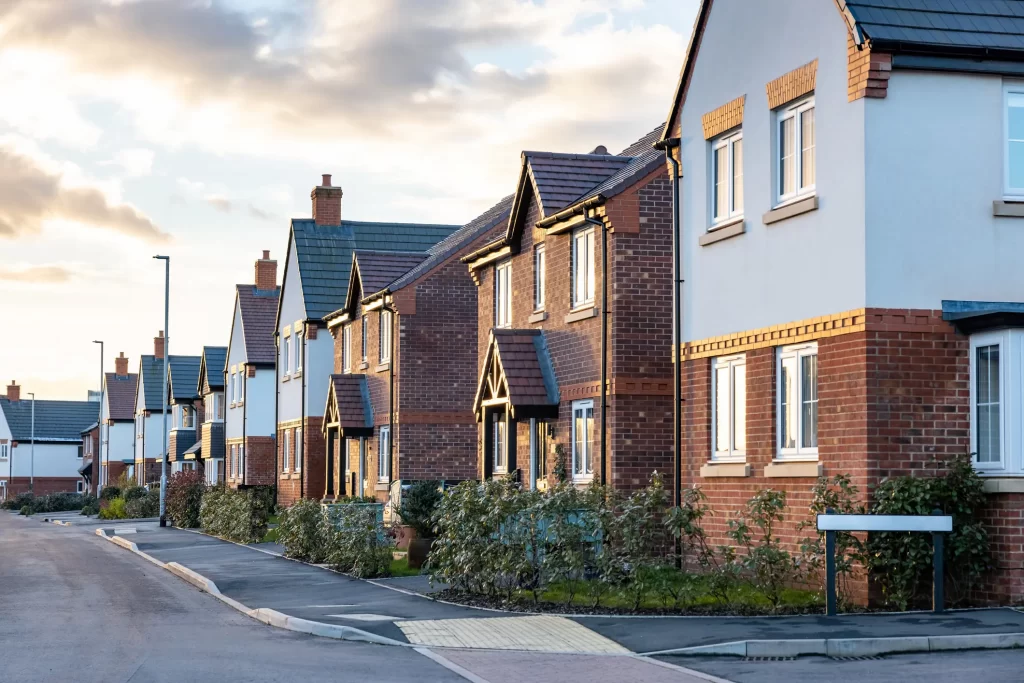Private renters have been seriously let down by the latest budget, according to the renters’ advocacy group Threshold.
“The short answer is no, we [Threshold] are not happy […] the government had an opportunity to do something for renters with this budget and they ended up doing very little”
Only tax relief for renters was provided, out of a considerable pre-budget submission from Threshold, which included provisions for homeless services, and funding for a referendum on the right to housing.
This relief provides €500 “for those taxpayers who are paying rent on their principal private residence”.
However, the tax relief is applicable only in limited cases and does not include low-paid workers, students working part-time, or parents or guardians who are paying for a student’s rent. Outside of rent pressure zones (where rent increases are required to be kept in line with inflation), the benefit is in danger of being swallowed by rent increases.
Threshold also called for base rates for the Housing Assistance Payments (HAP) scheme to be increased. While falling short of what was requested, the government did commit to the provision of €544 million to the HAP scheme, adding 8,800 new tenancies. However the issue is not a lack of funds, but rather obsolescence.
Base rates of payment have not been updated since being set in 2016, while average rents have increased. HAP payments have increasingly become less effective, with top-ups (the amount the tenant must pay after HAP) increasing. Local authorities can mitigate this with a discretionary uplift, allowing them to provide above the base rate in some circumstances (35% as of 11 July 2022).
However, while local authorities do apply these uplifts quite liberally across cases, says Timothy, “it is still a massive amount of work, and most authorities are severely under-resourced”.
The uplifts must also be requested, which poses an issue when many renters do not know of their existence.

